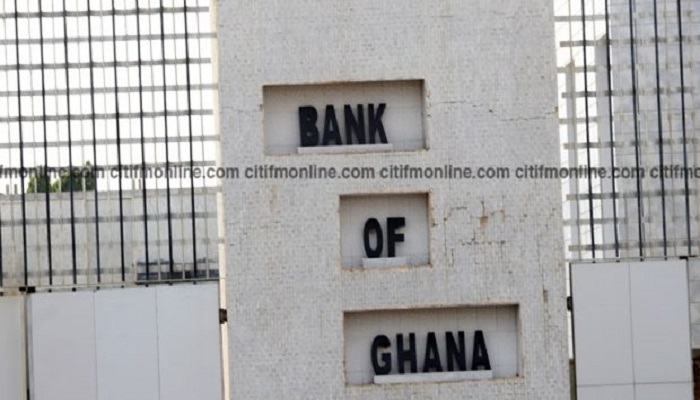As identity theft and fraudulent transactions gain ground in the global banking system, the West African Monetary Institute (WAMI) is collaborating with all central banks within the West African Monetary Zone (WAMZ) to launch a Bank Verification Number (BVN) project.
According to the WAMI, the move is expected to ensure that individuals involved in banking transactions have one unique number that they will use in all transactions irrespective of the bank they deal with.
Sources close to the WAMI revealed that the mandate requires that central banks within the West African Monetary Zone, including the Bank of Ghana (BOG), implement the BVN system which works by recording fingerprints and facial photograph of the client.
As the institute undertakes technical preparations for the establishment of a common West African central bank and the launch of a single currency for West Africa, it is keen on reducing fraud in the banking system – which is prevalent in the region.
A WAMI source told B&FT that the BVN is one important project that must be achieved among member-countries: which are Ghana, Nigeria, Liberia, Gambia and Sierra Leone.
If the project is implemented, it will mean that as long as one is engaged in banking they will need the BVN for all banking transactions – including applying for loans and opening accounts.
In Ghana, people are used to opening multiple bank accounts and taking concurrent loans from different banks, with the banks unable to compare notes. Such situations have been linked to the high Non-Performing Loans (NPL) situation in the country, wherein multiple loan takers default and put banks under strain.
This is because due to ‘service client privilege’ until a bank decides to submit details of customers who are loan defaulters to the Credit Bureau, it is almost impossible for a sister-bank to know if a loan seeker has already defaulted on a loan in another bank, which makes the person flagged as high risk.
Also, fraud within the financial or banking sector seems to be on the high as cyber security experts have warned that Ghana stands to lose some $100million from cybercrime in 2018 – if pragmatic measures are not put in place to minimize the threat.
The Managing Partner at the cybersecurity firm Delta 3 International, Del Aden, said recently that if the incidence of cybercrime in Ghana will continue to rise unless businesses, especially the financial sector, put effective countermeasures in place.
Again, a report released by Kenyan-based IT firm Serianu Limited reveals that the Ghanaian economy lost up to $50million to cyber-crime in 2016.
Ghana Card
Even as WAMI prepares the ground for launching the BVN, government is getting ready to implement the Ghana Card which will replace the sectoral identity cards in circulation and become the only card to be used in transactions where identification is required as provided by law.
With a 128-kilobyte capacity, the Ghana Card will enable other stakeholders to run their applications on the national identity card through the establishment of a credible national database, using the National Identification System (NIS) as the primary identifier as prescribed by law.
The law has done away with the use of voter’s identity cards (IDs), drivers’ licence and baptismal certificates as proof of citizenship. It, however, maintains the use of birth certificates and passports.
Source: Thebftonline














